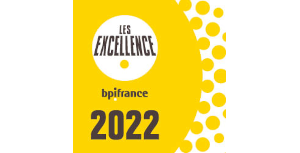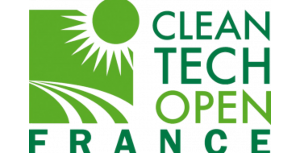The possibility of derogating from the jurisdiction of the Unified Patent Court for European patents with national effect is commonly referred to as opt-out.
When an opt-out is requested for a European patent or European patent application, only the national courts retain jurisdiction to handle actions relating to that application or patent.
Requesting an opt-out thus makes it possible to prevent a third party filing revocation proceedings against a patent before the UPC. This avoids the risk of a blanket patent revocation by the UPC for all the contracting states of the UPC agreement. The third party will thus be constrained to file revocation proceedings before each national court in all the states in which it seeks revocation of the patent.
However, requesting an opt-out also means giving up the possibility of choosing between the UPC and national courts for infringement proceedings against a third party.
The UPC has numerous advantages but also drawbacks
In terms of legal security, the UPC avoids the risk of divergent decisions being handed down by different national courts. The presence of technical judges will surely improve the quality of decisions, which can be expected to be consistent with those of the EPO. Furthermore, the lead time for obtaining a decision by the UPC should be particularly short (of the order of a year). Thus, the UPC will probably profit the party initiating proceedings since the particularly short time limits for presenting evidence are unfavourable to the defendant. Nevertheless, the UPC is a new and untested system whose case law will take time to be established.
In terms of cost, it may be financially advantageous to conduct a single, centralized action before the UPC to cover several states rather than institute several actions before different national courts. Handling the litigation in a single language and over a limited time also contribute to the reduction in cost. However, the procedural fees before the UPC are relatively high; this is why it may still be more advantageous to take the national court route if the number for countries in which an action is required is relatively small.
Developing a derogation strategy must be handled on a case by case basis and there are no simple rules. Indeed, numerous factors must be taken into account to decide whether or not to opt-out for a European patent or patent application, for example:
- the number of states in which the European patent has been validated
- the presumed strength of the patent (has it already withstood an opposition?)
- the importance of the patent for the proprietor (breakthrough patent or improvement patent?)
- the lead time between filing the patent application and the use made thereof
- the strategy envisioned for the patent (offensive or defensive patent?)
- the possibility of coexistence of the European patent with a national patent in certain jurisdictions
- the technological field concerned (is it a field of high added value, and one in which lititgation is common?)
- whether or not there are licenses in the various states
- the territories in which use is made or in which competitors are active
- the risk of revocation proceedings being filed (the possibility of third party observations or of an opposition)
We would invite you to contact your patent attorney to discuss “opt-out” strategy for your patent portfolio.













